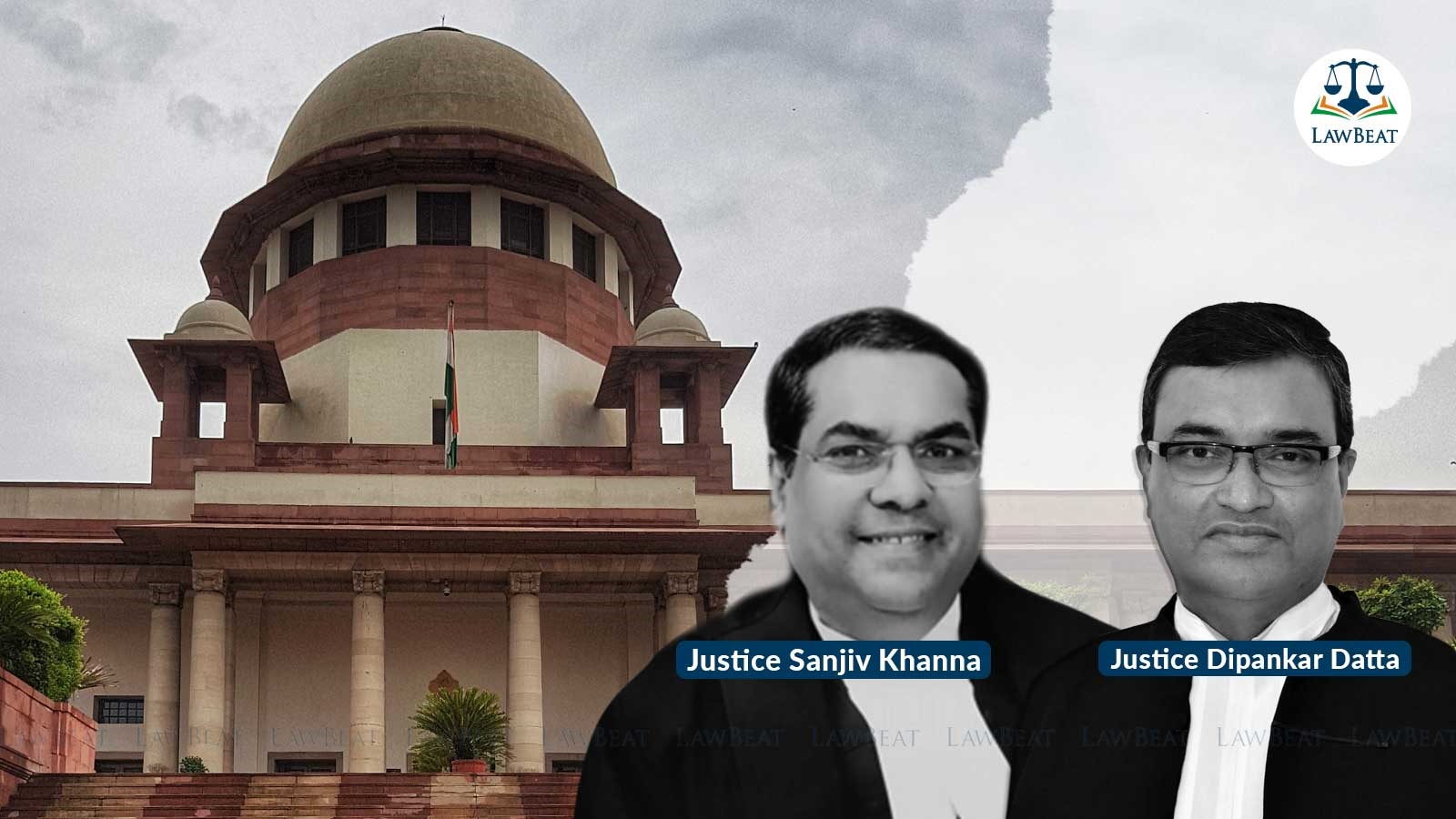Mere breach of contract cannot amount to offence of cheating: Supreme Court

SC bench said this court has time and again cautioned about converting purely civil disputes into criminal cases and any effort to settle civil disputes and claims, which do not involve any criminal offence, by applying pressure through criminal prosecution should be deprecated and discouraged
The Supreme Court has on January 19, 2024 said mere breach of contract cannot be treated as an offence of cheating and criminal breach of trust under the penal law.
A bench of Justices Sanjiv Khanna and Dipankar Datta allowed an application for anticipatory bail made by a couple, Jay Shri and her husband Hitesh Kala in an FIR lodged by the Rajasthan police.
"Prima facie, in our opinion, mere breach of contract does not amount to an offence under Section 420 or Section 406 of the Indian Penal Code, 1860, unless fraudulent or dishonest intention is shown right at the beginning of the transaction. This court has time and again cautioned about converting purely civil disputes into criminal cases," the bench said.
"Any effort to settle civil disputes and claims, which do not involve any criminal offence, by applying pressure through criminal prosecution should be deprecated and discouraged," the bench added.
The court relied upon previous judgements in the case of 'Sarabjit Kaur Vs State of Punjab and Another', (2023), 'Indian Oil Corpn Vs NEPC India Ltd and Others', (2006), 'Vijay Kumar Ghai and Others Vs State of West Bengal and Others, (2022) in support of its conclusion.
After hearing the counsel for the appellants, complainant and others bench said we feel that the appellants Jay Shri and Hitesh Kela have made out their case for grant of anticipatory bail.
"Accordingly, it is directed that in the event of the appellants – Jay Shri and Hitesh Kela being arrested in connection with First Information Report (FIR) no 0220/2022 dated 26.08.2022 registered with Police Station – Osiyan, District – Jodhpur Rural, Rajasthan for the offence(s) punishable under Sections 420 and 120B of the IPC, they shall be released on bail by the arresting/investigating officer or the trial court on terms and conditions to be fixed by the trial court," the bench said.
In addition, the court directed, the appellants Jay Shri and Hitesh Kala Kela would comply with the conditions mentioned in Section 438(2) of the Code of Criminal Procedure, 1973.
The court set aside the High Court's order refusing any relief to the appellants.
The bench, however, clarified the grant of anticipatory bail and the observations made in the present order will not be treated as an expression of opinion on the merits of the case. It also said this order will have no bearing whatsoever on any civil proceedings.
On October 10, 2023, the Rajasthan High Court's single judge bench had noted a statement of complainant recorded by the police, making a specific allegation against both the accused that they entered in agreement to sale a property with the complainant and received Rs 80 lakh from her. Thereafter neither the registration was done nor the money was returned to the complainant. Likewise, other witnesses also supported the version of complainant Smt Rama. "Therefore at this stage, no case for grant of anticipatory bail is made out," it had said.
